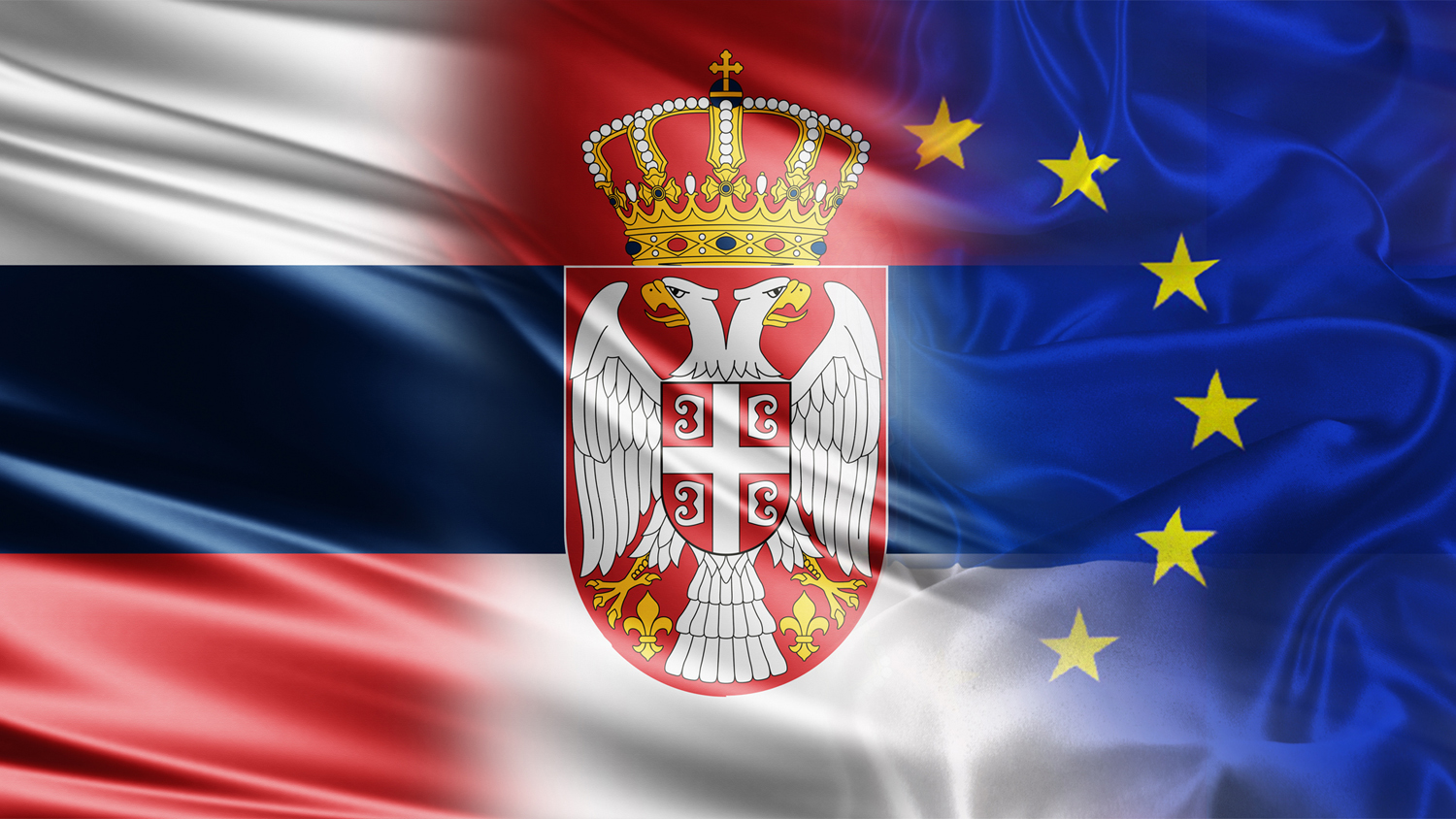Čadež: The Serbian Economy Relies Directly on the European Union
Apr 27, 2022
The Serbian economy relies directly on the European Union, which is best evidenced by the fact that we place two thirds of the goods we export to the world on its market and that almost 900,000 of our citizens work in companies doing business with the EU, said Marko Čadež, President of the Chamber of Commerce and Industry of Serbia, in an interview to TV Insider Marker show.
For the purpose of comparison, companies exporting to the Russian Federation employ 163,000 people while companies exporting to the EU employ 620,000 people, Čadež pointed out, speaking about the economic aspects of relations with Russia and the European Union, in the context of current political developments related to the Ukrainian crisis.
When asked how he sees pressure on Serbia to impose sanctions on Russia, Čadež said: “it is politics that decides, politicians see the consequences of both decisions, taking into account, among other things, the needs of the economy and economic facts.”
In the conditions of energy crisis aggravated by the outbreak of war in Ukraine, Serbia shares the fate of other countries dependent on energy imports; the position is not easy for us, but unlike many Western countries, our advantage, good in the sea of bad news, is that we have electricity produced locally that does not depend on gas, says Čadež.
When asked what the acceptable price of electricity is for the economy, Čadež says that it is certain that electricity price will not return to pre-crisis levels and that it is estimated that in the next seven to ten years it will be around 90 euros per megawatt-hour.
“A stable price of electricity, along with the use of space for state intervention, is important for the local economy, but it is equally important for attracting new investors,” says Čadež, adding that he does not expect disruptions in the electricity supply market.
When speaking about inflationary pressures, Čadež assessed that the Government of Serbia managed to protect the standard of living and prevent market disturbances from the “first blow” after the outbreak of the Ukrainian crisis, but he believes that measures such as price control and export bans, which increase production costs, viewed from the perspective of producers, are unsustainable in the long run.
He sees the agricultural sector as an opportunity for our economy to profit despite the crisis. “Serbia can export half of its agricultural output and provide an additional three billion euros in foreign exchange inflows from food production,” Čadež pointed out.
According to the President of the Chamber of Commerce and Industry of Serbia, the Serbian economy is currently resisting the negative effects of the Ukrainian crisis and the consequences of the turmoil in the world market.
“The number of workers is not decreasing, and despite a 25 percent drop in sales on the Russian market, the total Serbian export in March increased by as much as 30 percent compared to the same month last year,” says Čadež.
He sees cooperation in the region and building a common market as a good response to the needs of the economy, particularly in circumstances such as a pandemic or the Ukrainian crisis.
“Activities on building a common market within the Open Balkan Initiative project launched by Serbia, Albania and Northern Macedonia continue, and there is interest in Bosnia and Herzegovina and Montenegro in extending the initiative to the two countries,” says Čadež.
LATEST NEWS
